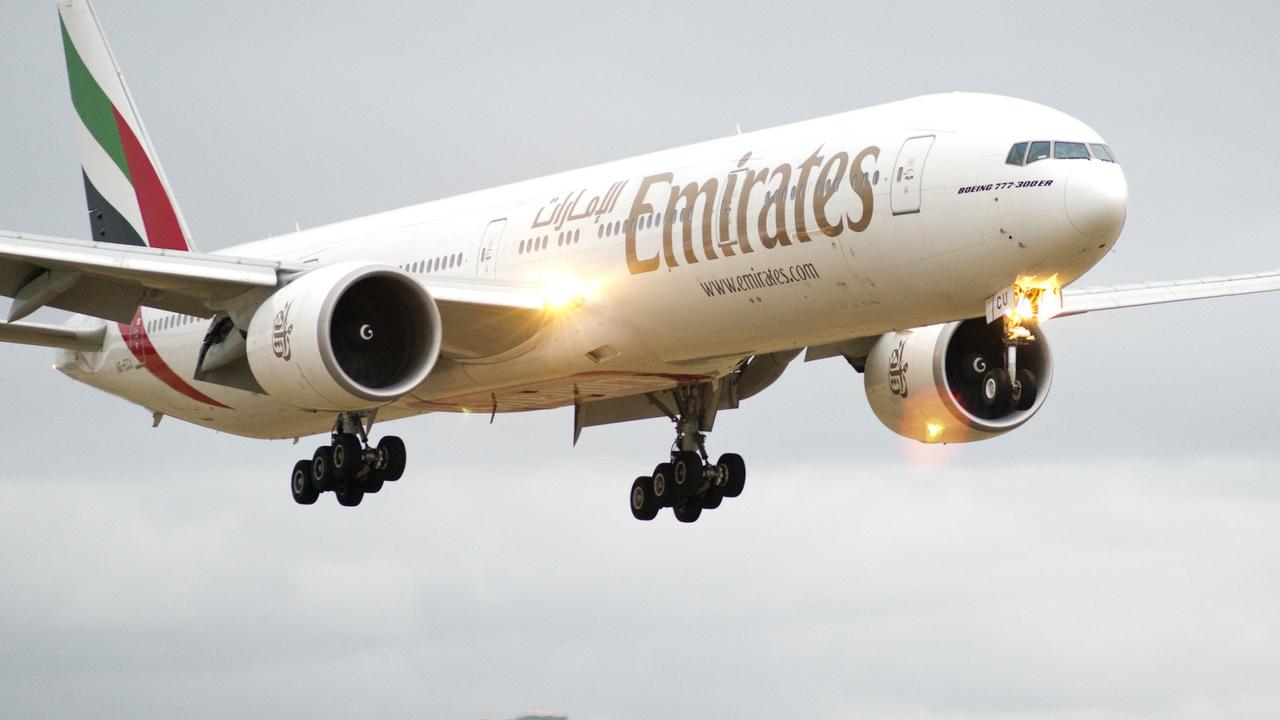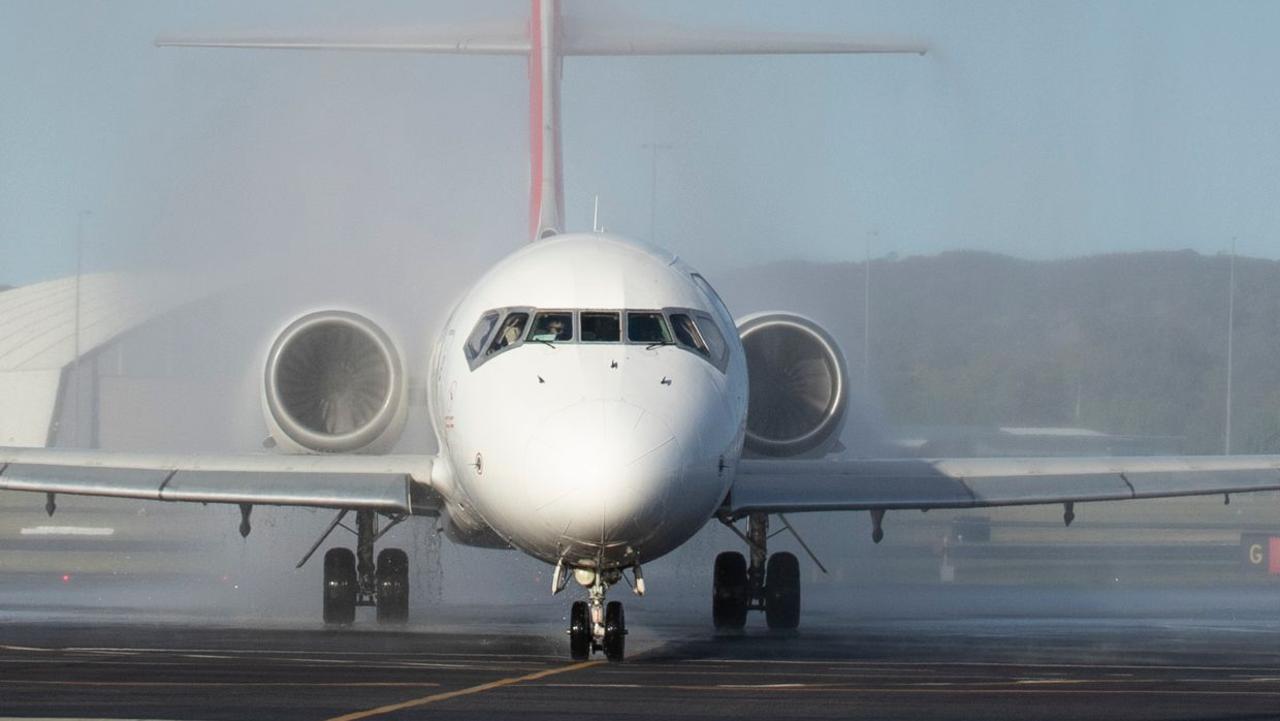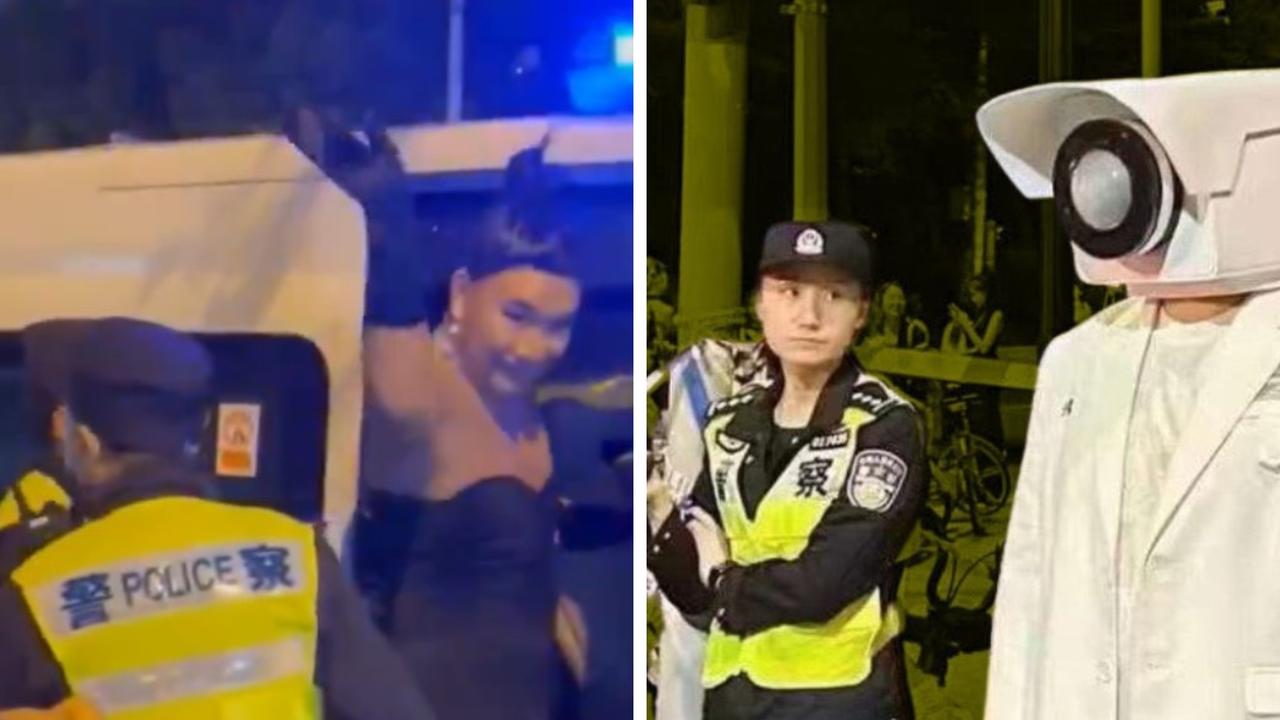Q&A: Stranded mum says Australia has ‘turned its back’ on her during coronavirus
A young mother stranded overseas with her baby, unable to return home, accused Australia of turning its back on her on Q&A last night.
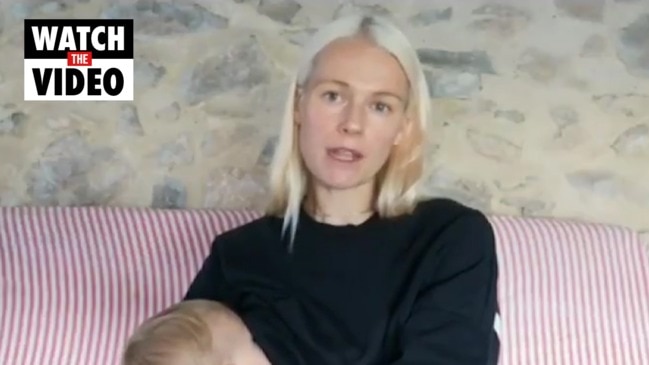
A young mother stranded overseas with her baby has accused Australia of “turning its back” on her amid the coronavirus pandemic.
Monday night’s episode of Q&A largely focused on the country’s continuing border restrictions. The first two questions came from people who were either stuck overseas themselves, or had a loved one who couldn’t get home due to coronavirus travel bans.
Ella Callanan, a 28-year-old student, is in Geneva, Switzerland with her child.
Ms Callanan said she was suffering from severe post-partum depression, and it was being exacerbated by her separation from her family, who live in Sydney.
“I am alone in Switzerland with no support. I wish to return to Sydney. However, I fear hotel quarantine alone with my baby for 14 days may be detrimental to my health, as well as my baby’s wellbeing,” she told the show’s guests.
“I’m also unable to afford the cost of hotel quarantine. I have made an application to be exempt from hotel quarantine, however, after more than one month, I am yet to receive a reply.
“Despite being an Australian citizen, I feel like my own country has turned its back on me.
“Why am I, like many other Australian citizens, being ignored in favour of isolationist policies?”
RELATED: Follow all the latest coronavirus news
Ella wants to return to Australia however, she fears hotel quarantine will be detrimental to her and her baby’s health - is she being ignored in favour of ‘isolationist policies’? #QandA pic.twitter.com/446w5HSXIq
— QandA (@QandA) September 7, 2020
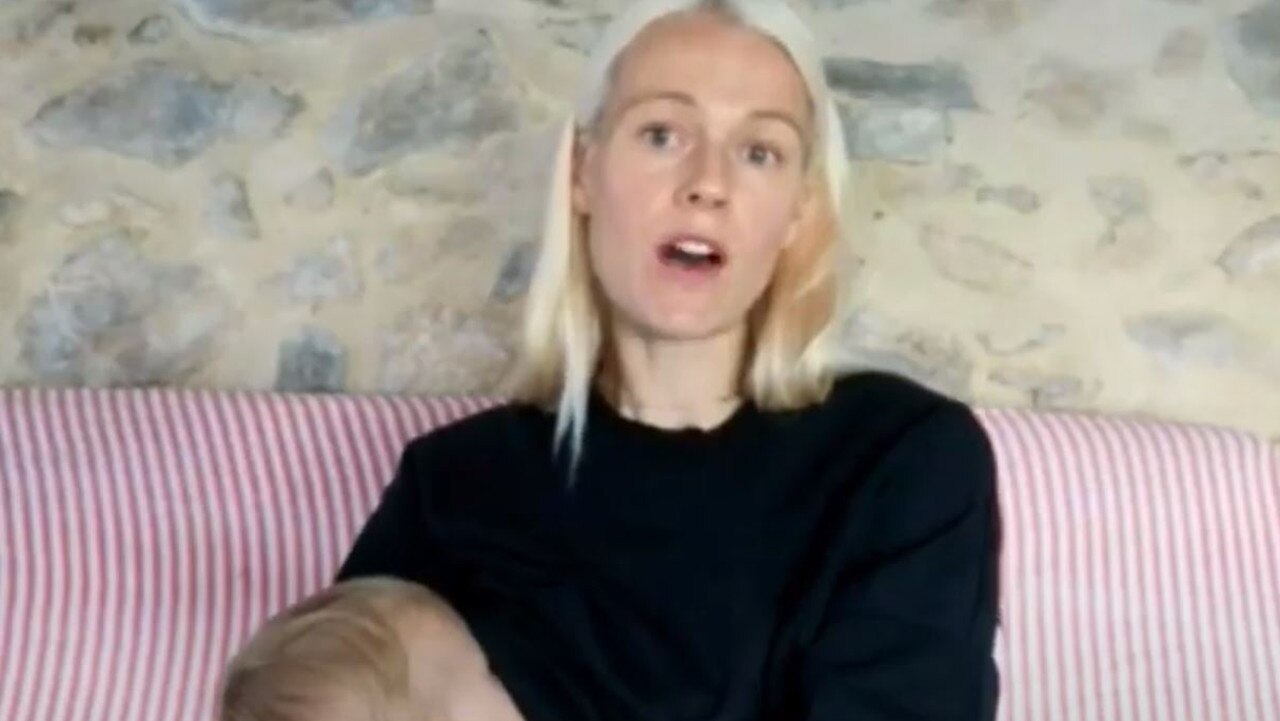
RELATED: Daniel Andrews grilled over virus road map
RELATED: ‘I’m gobsmacked’: Q&A turns messy
The panel also heard from Julia Mickler, whose husband was given permission to leave the country on compassionate grounds in July. He was visiting his dying father in Germany. Then his return flight was cancelled because of the government’s cap on international arrivals.
“Why doesn’t the government have a system in place to allow people who left the country on compassionate grounds to return home again?” Ms Mickler asked.
Host Hamish Macdonald threw Ms Mickler’s question to Deputy Prime Minister Michael McCormack.
“Why can’t you get people like this home? It is pretty – seems simple,” he asked.
“These are heartwrenching stories,” Mr McCormack conceded.
“My heart does go out to your situation. We’re doing everything that we can. Obviously we’re putting the vulnerable cases first and foremost.
“I mean, the Department of Foreign Affairs and Trade are working with individuals on these sorts of cases. There are more than 20 airlines flying into Australia.
“I know, back in March the Prime Minister urged and encouraged, even implored, Australians if they could, to come home. Appreciating that your situation arose after that, 374,000 Australians have come home.
“Yes, we are limited by quarantine capacity that the states asked us to put in place. I have spoken to many of the premiers just today as to whether we can look at the caps and whether we can, in fact, extend them. They are limited by their capacity.
“But we’re doing everything we can.”
RELATED: Key misconception around Victoria’s second wave
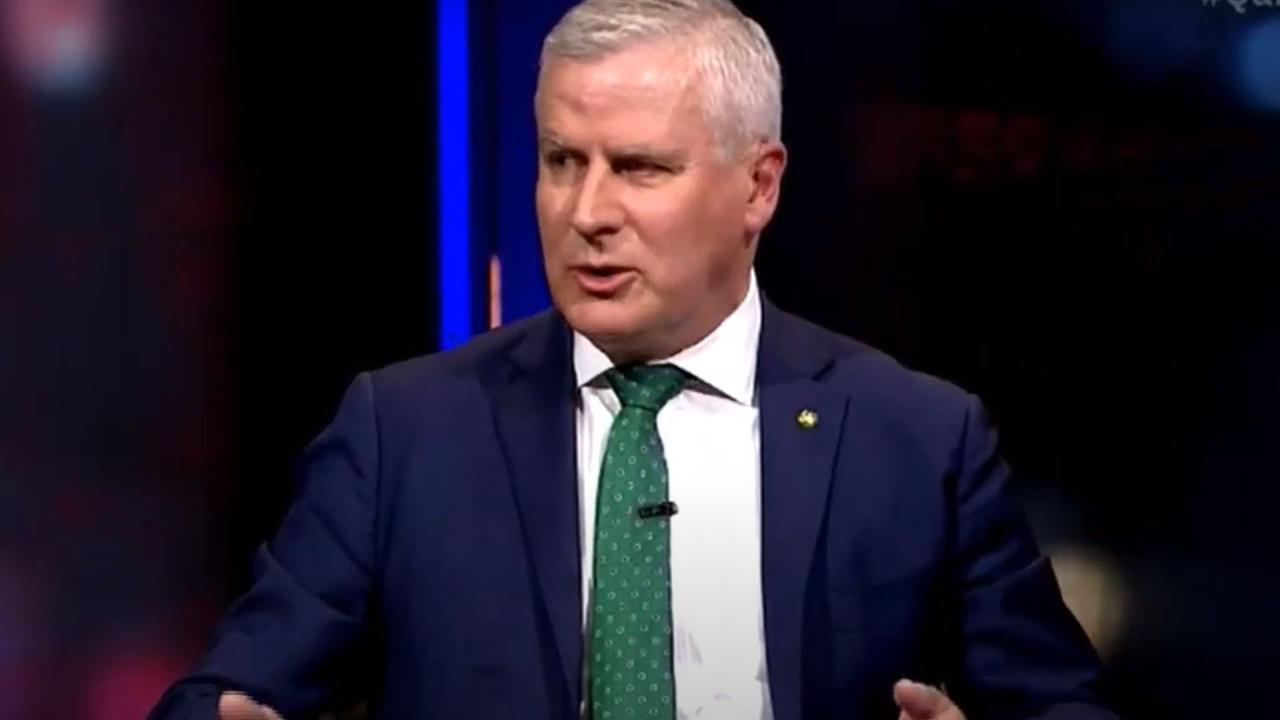
Labor’s Shadow Home Affairs Minister Kristina Keneally pointed out that 25,000 Australians remained stranded overseas.
“Is there any more Australian value than look after your mates? Don’t leave your mates behind?” she asked.
“With all due respect, Michael, there is a lot more that could be done. Yes, there is a weekly cap of 4000. It is not at capacity. It hasn’t been at capacity.
“Secondly, there are caps on individual cities. There are only four cities where international flights are currently allowed to arrive. Why aren’t we using Darwin or the Gold Coast or Canberra, where we could have international airports?”
“We are exploring those options and opportunities as we speak,” said Mr McCormack.
“We’re certainly looking at this. We’re certainly doing everything we can. It isn’t a new problem. It is a problem that has been exacerbated by states closing their borders.”
Ms Keneally argued it was a Commonwealth responsibility.
“The Commonwealth, at the beginning of this crisis, brought people home from Wuhan, brought them through Darwin and put them into quarantine facilities run by the Commonwealth,” she said.
“It is the Commonwealth’s fundamental responsibility to look after stranded Australians when they’re overseas.
“This government was very quick to put in place a plan to ship seafood out of the country. If you are a lobster or a crayfish, you get a chartered flight out of Australia.
“But what have we done for stranded Australians? How many chartered flights? None!”
RELATED: Stranded Aussies blast government loan offer
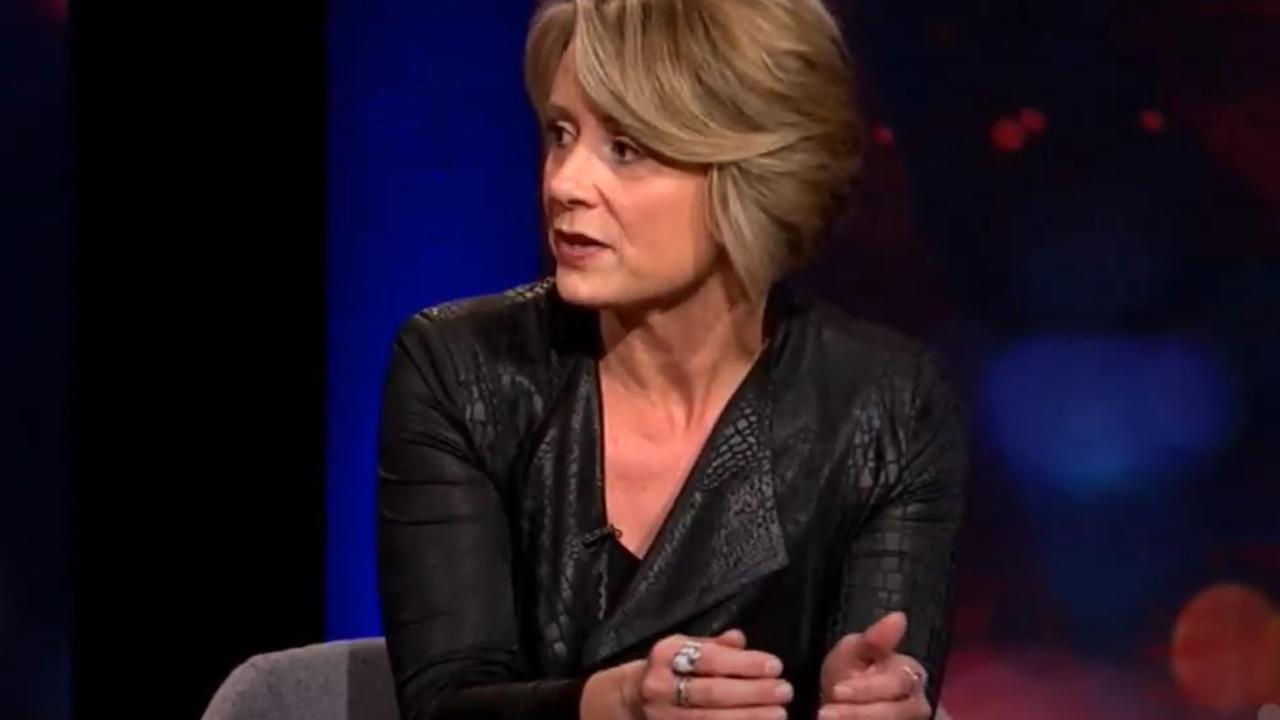
Before the discussion moved on, Ms Mickler was given one more chance to speak.
“I just think my husband applied for an exemption to the travel ban, and it was provided on compassionate grounds. And I know you have said there, the department’s working on it. Well, we haven’t heard from them,” she said, referring back to Mr McCormack’s answer.
“My husband was due back. And we haven’t – we don’t know when he’s coming back. And that uncertainty – he can’t tell his employer when he’s coming back.
“We don’t know when he’s coming back. Is it going to be for months? If flights keep getting cancelled …”
Macdonald jumped back in.
“Do you understand why say, ‘We are working on it,’ for these families, isn’t enough?” he asked Mr McCormack.
“I can. And look, there are so many thousands of compassionate cases, yours being one of them. We are doing everything that we can to put those vulnerable people at the front of the queue. It is very, very difficult,” the Deputy PM replied.
Asked whether the government was considering more rescue flights, he said “nothing is off the table at the moment” and “every option” was being considered.
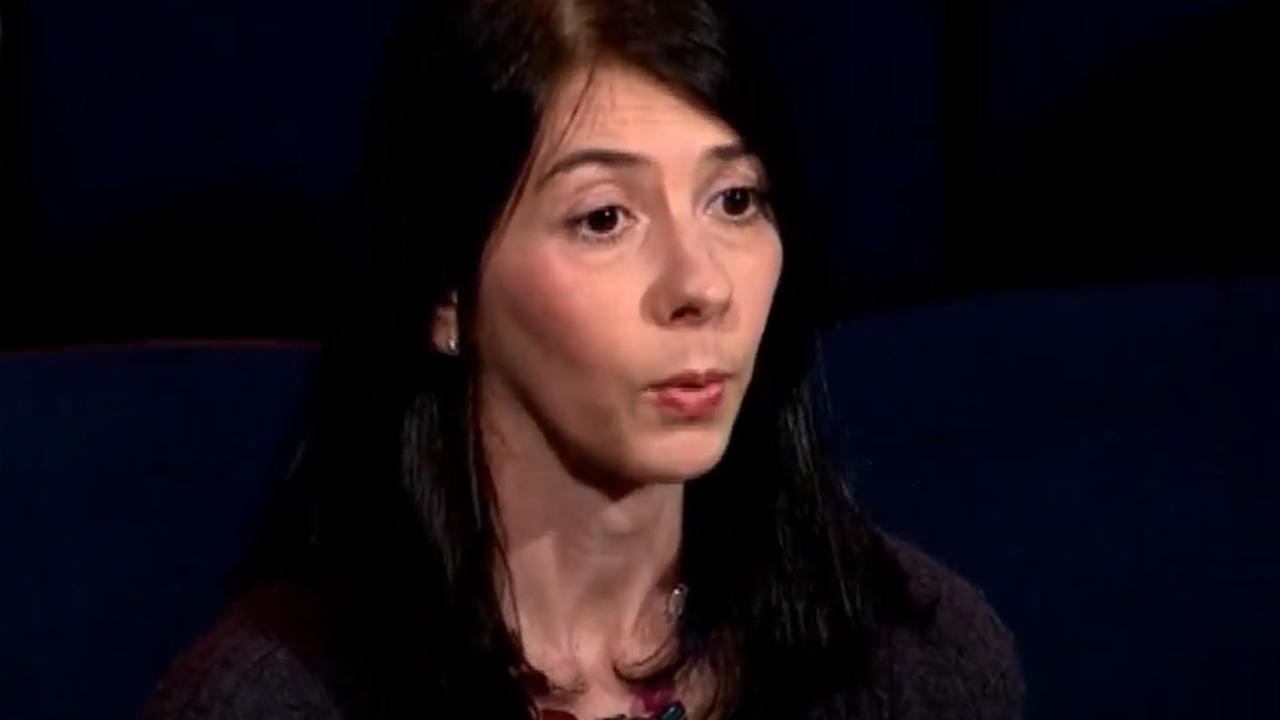
Macdonald gave Ms Callanan’s question to Dr Omar Khorshid, who is President of the Australian Medical Association.
“It is a very sad story, and underlines the impact of this virus and the various rules put in place on ordinary Australians all over the world. There is more that can be done,” Dr Khorshid said.
He then called back to the previous question, from Ms Mickler.
“The government could do something right now, if it really wanted to. All the figures are arbitrary. The 4000-person cap, that is an arbitrary number. The size of the hotel quarantine, that’s arbitrary. The way that hotel quarantine is done is changeable.
“I think a little bit of compassion is what is needed here to look after the lives of Australians, and that also means protecting us here in Australia from the virus.
“So don’t take what I said as not being supportive of hotel quarantine. It is the one most successful measure that protected the country from the virus. When it goes wrong – like was horribly demonstrated in Victoria – the effects are terrible.
“We need the border restrictions. We do need the hotel quarantine. But the government can look after Australians at the same time.”
He conceded that the fortnight locked up in a hotel “can feel a little like a prison”.
“But it’s something that’s been brought in very quickly, without a lot of time. As we know, it takes government an awful long time to do most things. But there is no doubt there is an opportunity for the government to do more,” he said.
Dr Khorshid also suggested the government could do more to reach out to Australians stuck overseas with mental health services.
Mr McCormack got a chance to respond. He was asked why the government won’t simply increase the caps on the number of people who can come back.
“We have allowed the premiers to actually give us the number that they felt comfortable with, that they could manage and maintain, while making sure that integrity of the quarantine system was what it needs to be so that we don’t get more community transmission,” Mr McCormack said.


